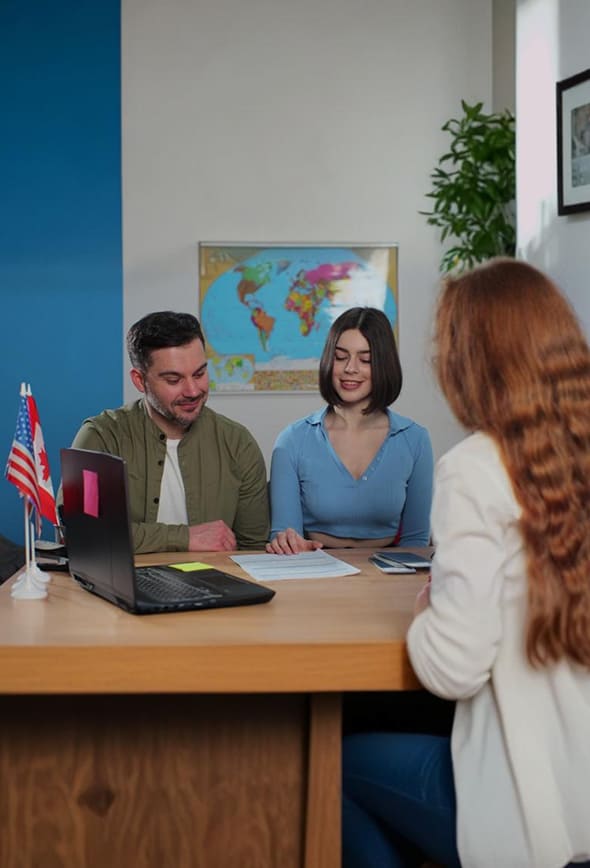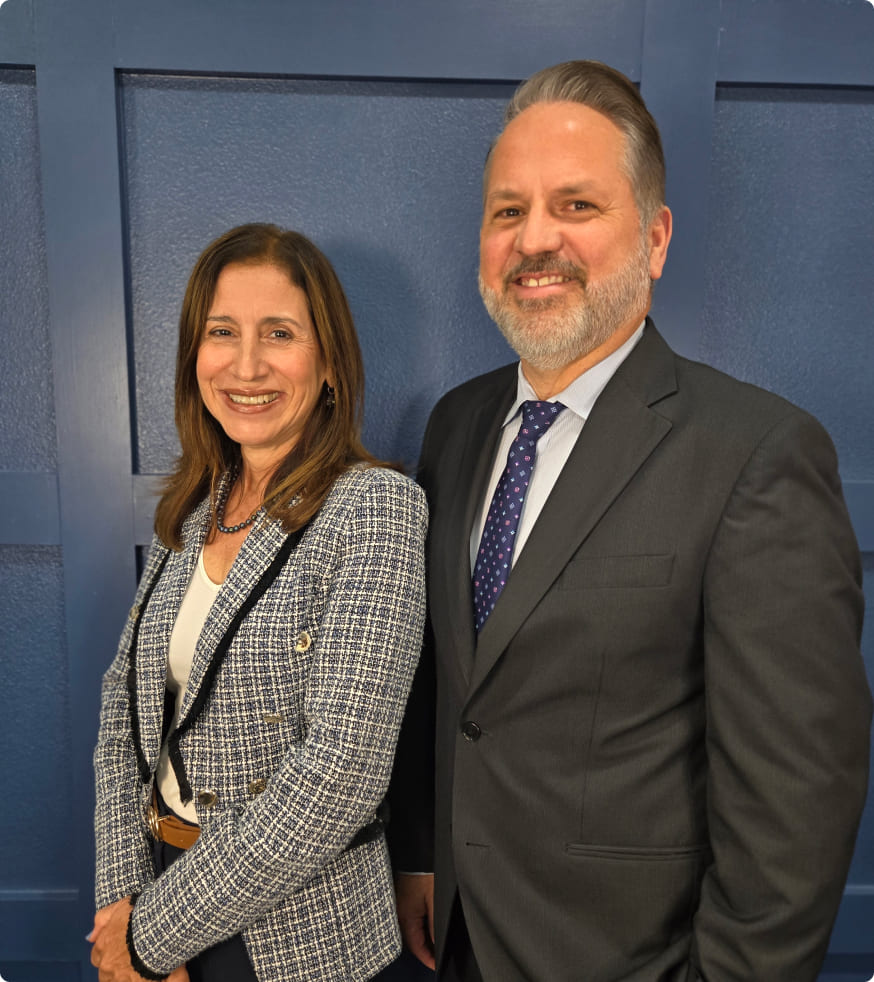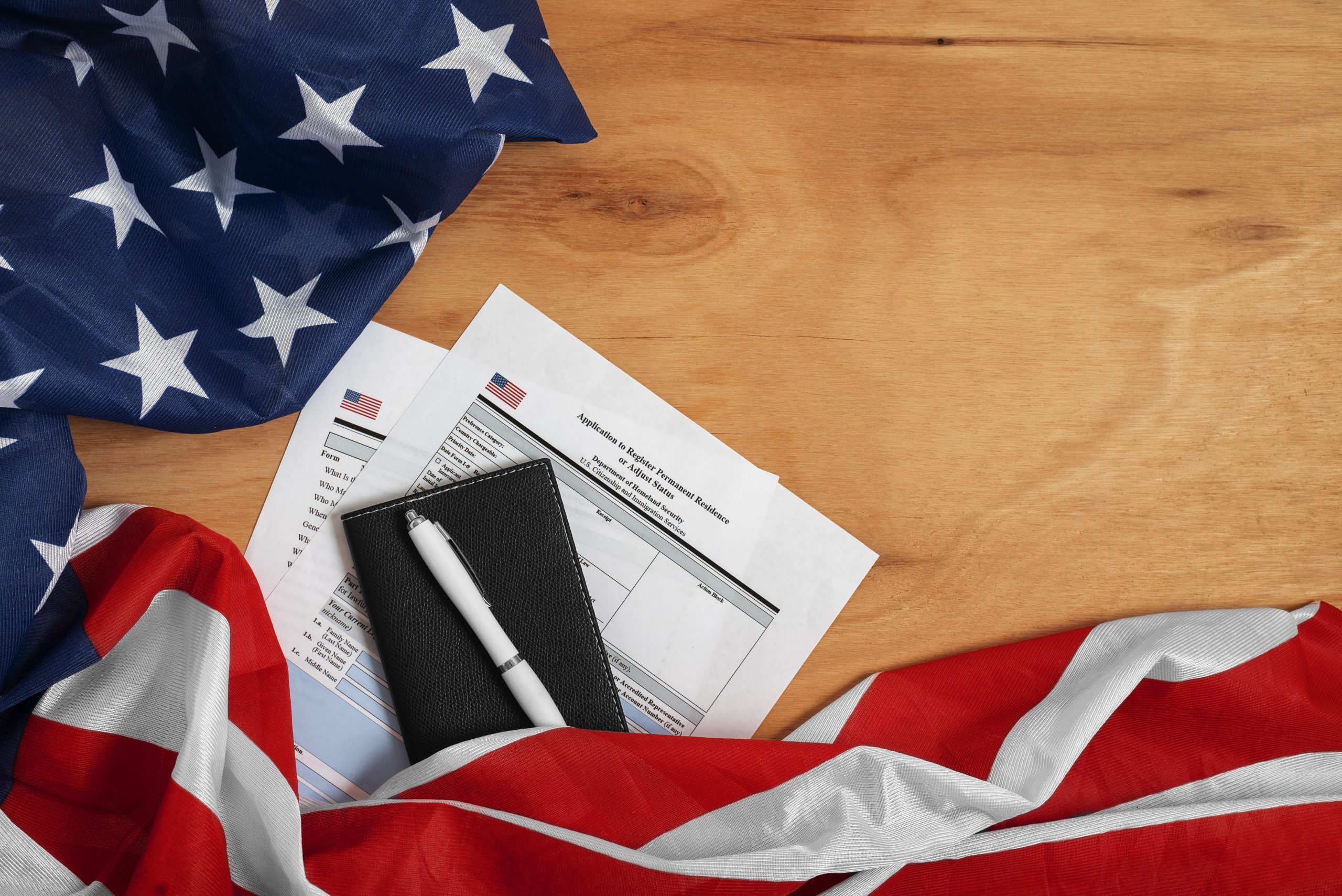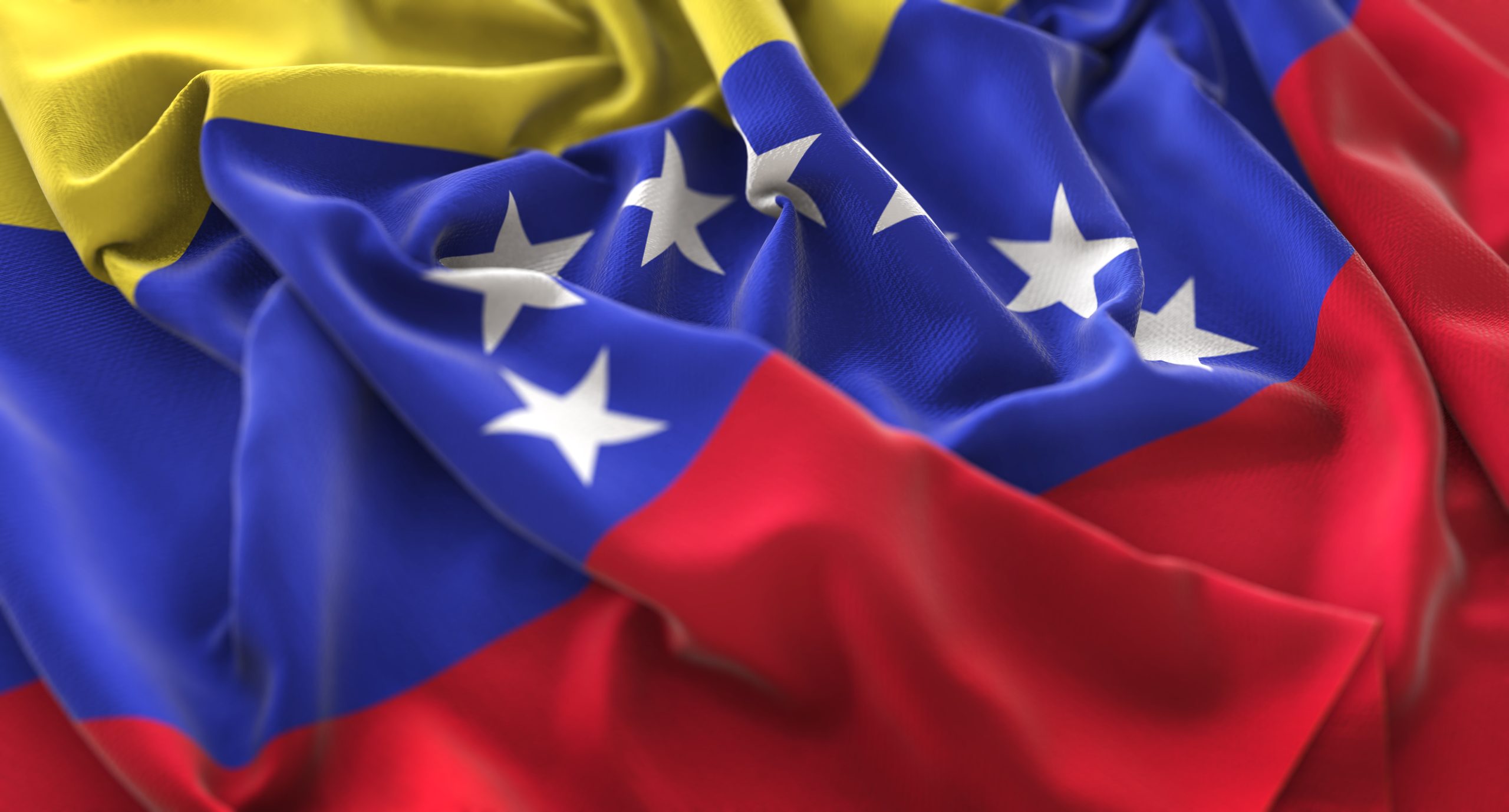
ORLANDO FAMILY VISA ATTORNEYS
Reuniting your family in the U.S. can be a complex and time-consuming process. Our dedicated Orlando family visa attorneys at Angel Law Firm understand the challenges involved and are committed to efficiently navigating the immigration system to obtain the visas your loved ones need.
With extensive knowledge and experience, we work diligently to help your family achieve its immigration goals.
Contact us online or call (407) 329-7711 to explore your specific options during a consultation. We proudly offer our legal services in English and Spanish.
According to immigration law an immediate relative includes the following family members:
There are no limits on the amount of immediate relative visas issued. This means you will experience no additional waiting period after your visa petition has been processed and cleared by USCIS.
Access to immediate relative sponsorships is a major advantage to permanent U.S. citizenship, as loved ones sponsored as immediate relatives will consequently almost always receive their visas faster than those of family preference relatives.
Family preference visas are open to both U.S. citizens and lawful permanent residents. However, only a limited amount of family preference visas is issued each year, meaning your loved one will likely need to endure an additional waiting period until a visa slot becomes available.
The waiting period can last multiple years if the backlog is especially large. Note that lawful permanent residents can only sponsor their spouses, unmarried children under the age of 21, and adopted children.
If they wish to sponsor their parents, siblings, or adult children, they will need to wait until they are U.S. citizens. Additionally, there are limitations on what types of family members can be sponsored, even if you are a U.S. citizen. Aunts, uncles, cousins, grandparents, and grandchildren cannot be directly sponsored by a citizen or lawful permanent resident.
Decades of experience in immigration & personal injury. Experienced attorneys providing effective, knowledgeable representation focused on achieving your goals.
Direct attorney attention guaranteed. We listen to you to understand your unique needs and develop customized legal strategies for the best outcome.
Advocates dedicated to protecting your rights. We work diligently in negotiations or in court to achieve the most favorable resolution for you.
Facing immigration or injury stress? We will be by your side, offering compassionate support and clear guidance, navigating complex legal challenges with empathy.
Expect open and transparent communication. We explain legal matters clearly, keeping you informed and responding promptly to all your questions.
Our attorneys and staff speak both English and Spanish. We will speak to you in whichever language you are most comfortable with to ensure smooth communication. Get in touch with us today to get started.


slide
After submitting Form I-130, you may receive a “Request for Evidence” from USCIS. This can occur if there was an omission in the original petition packet or if the agency is not satisfied with the amount of evidence provided. We can help you avoid responding to one of these requirements and avoid other common application errors.

slide
Next comes a lengthy waiting period, the extent of which will depend on whether the sponsoring relative is a U.S. citizen or lawful permanent resident. U.S. citizens can sponsor their spouses through the “immediate relatives” category, which has no annual cap and consequently enjoys faster processing times.

slide
Lawful permanent residents must sponsor their spouses through the family preference category, which does institute an annual cap. This means you must wait for a visa to become available after your petition has been processed by USCIS.

slide
Once USCIS approves your petition and a visa becomes available, your spouse will need to formally apply for their green card through either adjustment of status or consular processing. Adjustment of status is used if they are already in the United States on a nonimmigrant visa, while consular processing is completed through a U.S. embassy abroad.

slide
Both adjustments of status and consular processing involve submitting additional documentation, application materials, and identifying information. This will include submitting to a medical exam by a USCIS-approved doctor.

slide
Finally, your spouse will need to participate in an in-person interview conducted by a USCIS official. If your spouse is abroad, this interview will take place in their home country’s U.S. embassy or consulate, and you will not attend. Should your spouse already be in the United States, you will attend the interview with them at your local USCIS office. The interview is meant to ensure that your marriage is not fraudulent and will involve reviewing your application materials.

slide
If the USCIS official conducting your interview is satisfied, your spouse’s green card will be approved and promptly issued via mail. Our Orlando marriage visa lawyers can guide you through each step of the process and work with you to overcome any obstacles that you might encounter.

A U.S. citizen can petition for their spouse, children (married or unmarried), parents, and siblings.
A lawful permanent resident can petition for their spouse and unmarried children. They cannot petition for parents or siblings.
The processing time varies depending on the relationship, the petitioner’s immigration status, and the visa category. Immediate relatives (spouses, parents, and unmarried children under 21 of U.S. citizens) have faster processing times, while preference categories may take years.
If you applied for adjustment of status (Form I-485) inside the U.S., you can apply for a work permit (Form I-765) while waiting for your green card. If you are outside the U.S., you must wait until you receive your immigrant visa.
You need to apply for Advance Parole (Form I-131) before traveling. If you leave without it, your application may be considered abandoned.
Consular processing occurs when the beneficiary applies for a visa at a U.S. consulate abroad. Adjustment of status happens when the beneficiary applies for a green card while inside the U.S.
Family Petitions and Visas are immigration procedures that allow U.S. citizens and lawful permanent residents to sponsor their family members for immigration benefits, including lawful permanent residency (green cards) or visas. This process involves submitting a family petition to U.S.
Citizenship and Immigration Services (USCIS), demonstrating the qualifying relationship (such as a spouse, child, parent, or sibling), and meeting eligibility requirements.
Family petitions can be used to obtain family-based immigrant visas, adjust status for permanent residency, or request a fiancé(e) visa.
An immigration attorney helps ensure all documents are correctly filed, meets deadlines, and navigates any legal hurdles, allowing families to reunite safely and in compliance with U.S. immigration laws.
U.S. citizens can sponsor spouses, parents, children, and siblings. Lawful permanent residents can sponsor spouses and unmarried children. Eligibility depends on your relationship and immigration status.
Processing times vary based on the type of petition, country of origin, and visa availability. Some family categories have longer waiting periods, while immediate relatives of U.S. citizens usually receive faster approval.

May 30, 2025
United States Immigration: How to get the $1,000 from DHS? If you are reading this, you are probably in a situation of uncertainty

May 30, 2025
What is CBP Home and how to use its self-deportation section? We know that navigating the U.S. immigration system can be a road

April 8, 2025
Judge suspends elimination of TPS How does it affect immigrants in Florida? A recent court decision has brought relief to thousands of Venezuelan